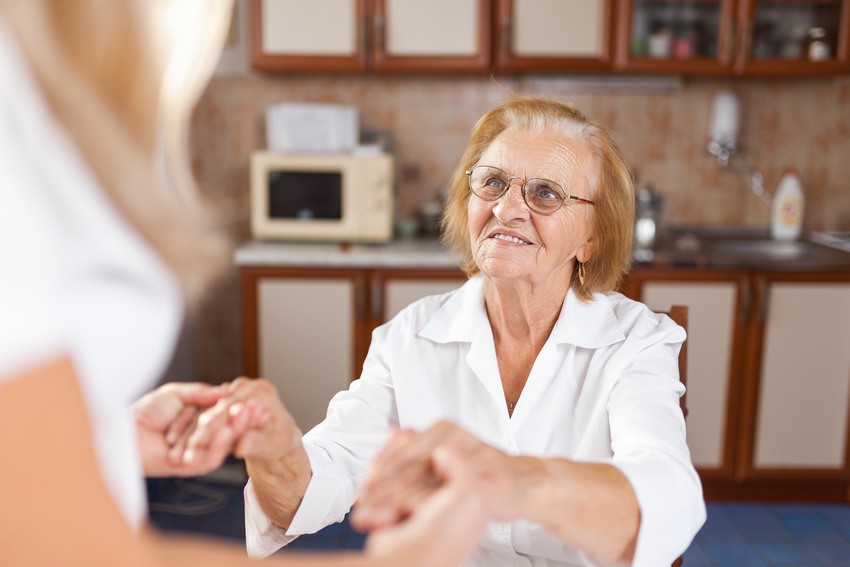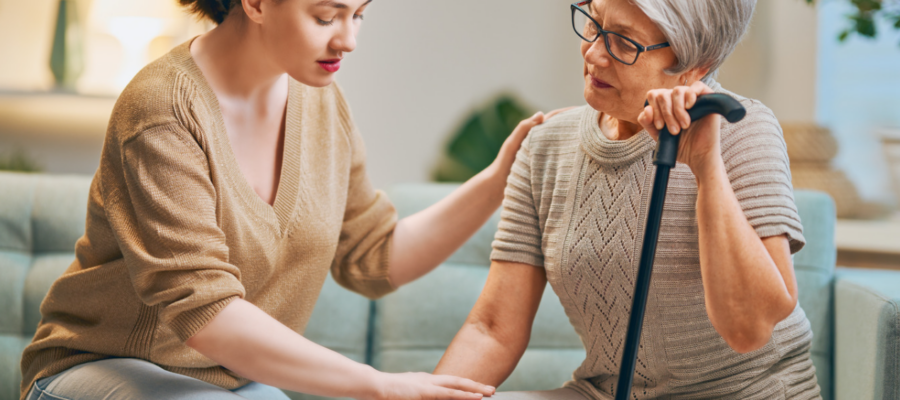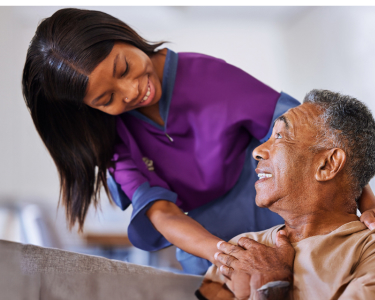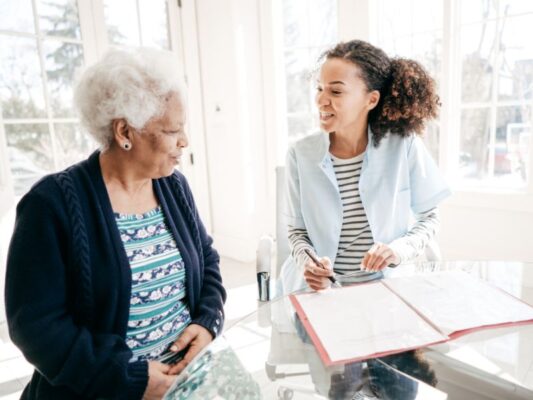
Let’s just say it outright: There is absolutely no shame in having chronic pain.
In fact, as we age, it’s pretty common to develop chronic pains. Seniors and elderly can develop chronic pain in forms of arthritis, migraines, and joint pain, just to name a few of the common types.
But the main thing with chronic pain is finding ways to alleviate the strain and discomfort. You can’t necessarily get rid of it completely, but you can certainly lessen it. And luckily, because chronic pain in seniors is so common, we know many ways of dealing with it.
Unfortunately, many seniors keep silent about their chronic pain. They don’t tell their doctors. And they don’t tell their caregivers, because they’re worried it might be something more serious, or they’re just embarrassed. But, like we said before: there is no shame in having chronic pain.
And, the faster you tell your doctor about it, the faster they’ll be able to help you out with chronic pain management tips. Like these:
Exercise regularly.
First things first, you’ve got to keep your body healthy. If you want your body to feel good and have the energy to fight off the pain, then you need to keep it in tip-top shape. This means, exercising regularly. You don’t need to do anything too intense or strenuous, but simple daily walks can make a huge difference in your chronic pain levels, and your general health.
Not only that but when you exercise, your brain releases chemicals into your body called endorphins. These endorphins are like all-natural pain killers. And, they also make you happy.
All-natural pain killers + happy + healthy = great chronic pain management for seniors.
Stay hydrated.
Water is always a solution.
Since our bodies are made up of 60% water, they need to keep up their water supplies in order to function optimally. In fact, our joints are reliant on water to stay moist and lubricated. And our brains absolutely need water in order to operate and feel good. So, if you’re having chronic pain in your joints or head, making sure you’re always hydrated might be a great way to ease the pain a bit.
Watch out for stress.
Sometimes stress can make things worse. When you find yourself in stressful situations or having to make stressful decisions, your body may not react so well to the mental pressure. This can, in turn, cause your chronic pain to act up.
Now, that’s not to say that stress itself is a bad thing. Sometimes a little pressure is exactly what we need to get ourselves moving and making good choices for ourselves. Which means, we need to just be careful about how much stress we allow into our lives, and for what.
Try a massage.
Depending on where your chronic pain is, a massage (or multiple messages) can really help with senior pain alleviation.
Massages aid in two ways. One, they can relieve stress. And, as we said before, too much stress for seniors can be a pain inducer. Two, massages relax the body’s muscles and joints. Which, can certainly take the edge off and keep your mind distracted.



